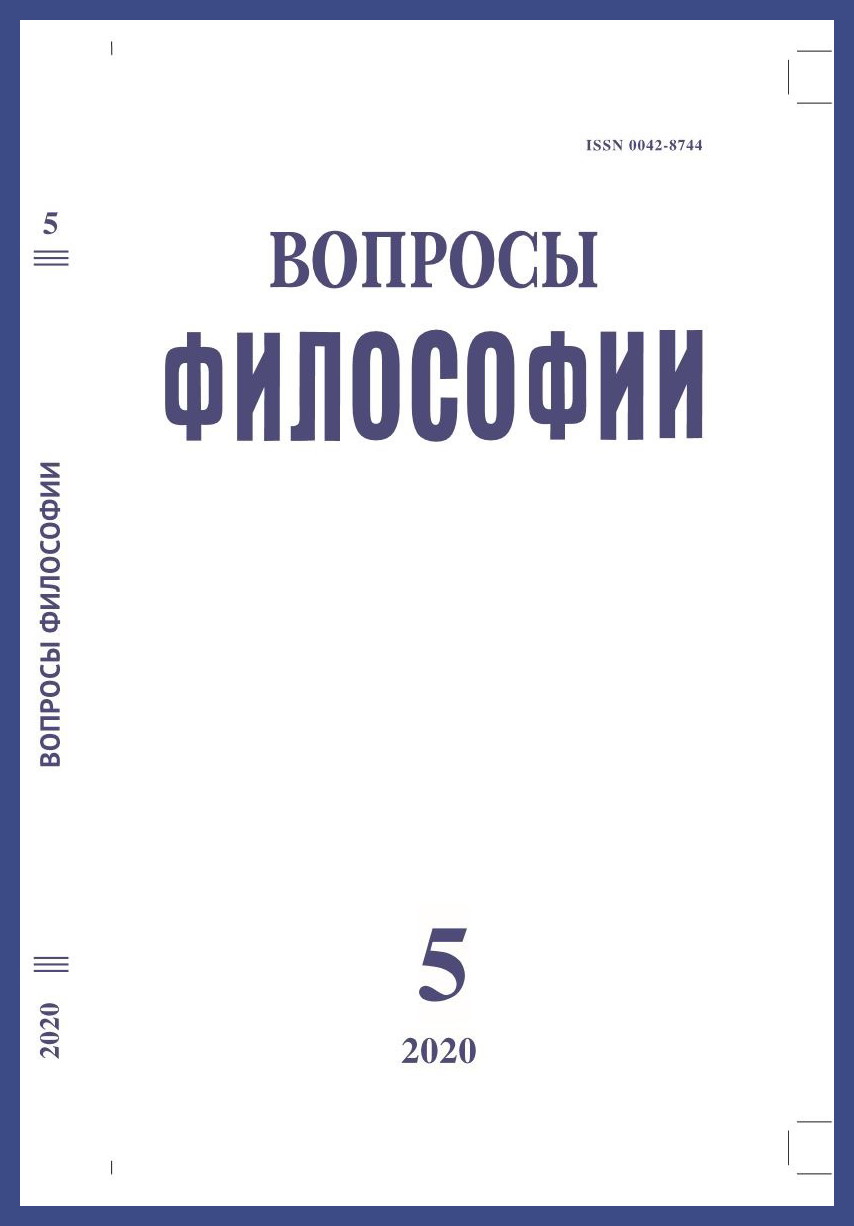Philosophical Education and Information Technology
DOI:
https://doi.org/10.21146/0042-8744-2020-5-87-89Keywords:
media-education, philosophical education, digitalizationAbstract
According to the author, the term “media education” seems highly debatable. There was not and could not be any special, separate media education. This term only confuses and obscures the real problems associated with the prospects of educational activities. Education is one of the main means of forming a person’s culture in its various forms, it develops those properties of a person that are needed by both man and society to be included in socially valuable activities. It can be professional, natural-scientific or humanitarian, philosophical or historical, ethical or aesthetic, etc. etc., since it is intended to form certain qualities of a person, and from the author’s point of view, it does not make sense to introduce technological parameters of the educational process as a kind (type) of education. So, the processes of digitalization of public life, associated with the increasing role of the media in society, affect the technology of filing philosophical material, but not it's content. Therefore, the introduction of online courses in philosophy is possible only for students of non-philosophical specialties. It is not possible to prepare a philosopher in educational programs using online courses. The comprehension of philosophy cannot be fully digitized since the ability to think cannot be formed without face-to-face interaction.

